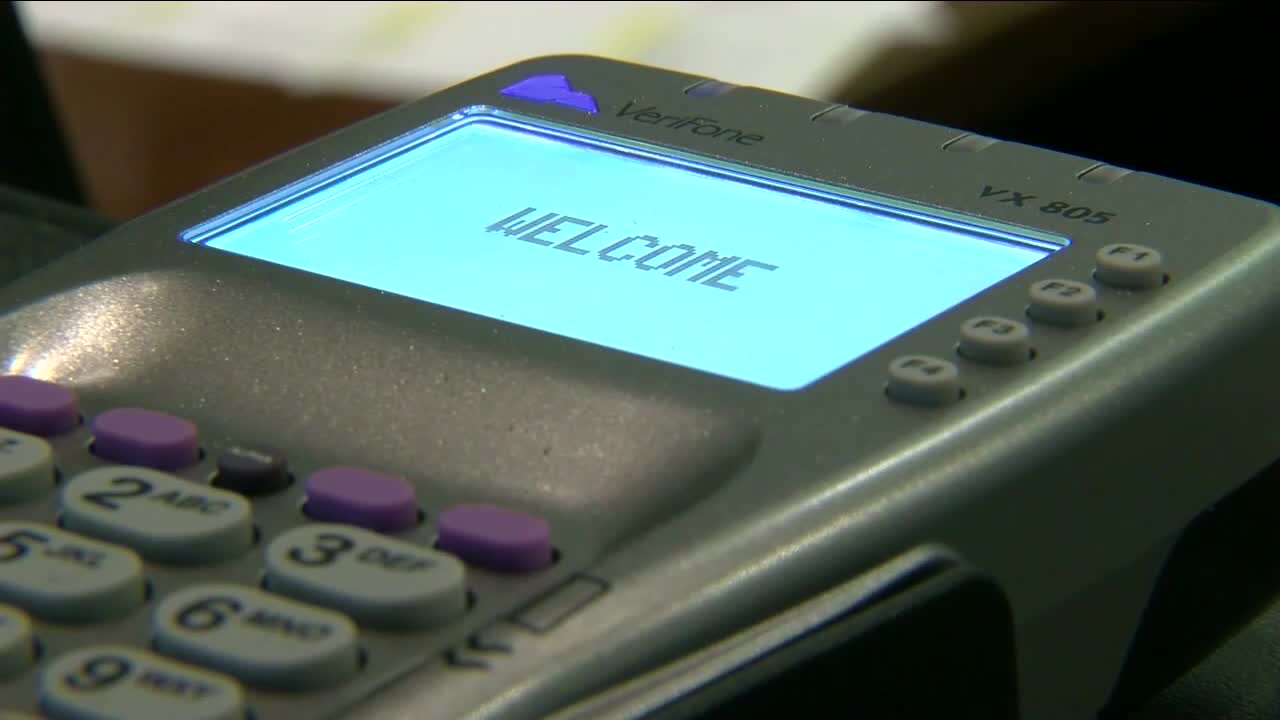DENVER — Cash is king, and a credit card could cost you.
"I never carry cash on me. I always use my card, but if they’re going to charge that much more, than for sure," said Elsa Nilsson.
A bill making it's way through the state legislature would get rid of the current law prohibiting businesses, like restaurants, from charging customers a fee for using their credit card. The bill has been backed by the Colorado Restaurant Association.
"If it were to pass, it simply allows restaurants -- if they so choose -- the ability to get a little bit of that surcharge money back," said Nick Hoover with CRA.
Credit card companies typically charge businesses about 3% each time a customer uses their credit card. Hoover says the current law was meant to ensure businesses weren't punishing consumers for using credit. Colorado is one of only four states prohibiting surcharges on credit cards.
"With restaurants operating on razor thin profit margin, usually between 3% and 5%, that could be extremely helpful as we emerge from the pandemic," said Hoover.
"It’s hundreds of thousands of dollars every year just for people to use credit cards," said restaurant owner Troy Guard.
Guard owns several restaurants around Denver.
"It’s crazy, right? You spend $100 here and it costs me $3 for you to use a credit card. It doesn’t really cost you anything, but it costs me money to do business that way," said Guard.
Guard says the customer doesn't want to see the price of food or drinks go up. Yet his costs for food and other supplies have.
"A box of gloves we use in the kitchen for cleaning or whatever used to be $35 per case, and now they’re over $250 per case," said Guard.
With the current law in place, restaurant owners like Guard are getting creative using different fees to cover costs.
"So, instead of me nickel-and-diming everyone and saying, 'OK, we’re going to add more to these drinks or more to the food.' We just say, 'hey, we’re going to have a flat charge so we can keep everything reasonable,'" said Guard.
The bill would limit the surcharge to 2% of the total sale. It will be debated in the Senate later this week.



